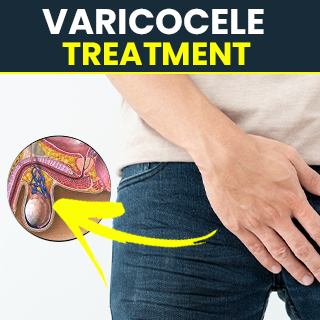Psoriasis is a chronic skin condition that can manifest in various forms, with erythrodermic psoriasis, plaque psoriasis, inverse psoriasis, and scalp psoriasis being some of the most common types. The different aspects of psoriasis, from conventional treatments like psoriasis medicines to alternative approaches such as homeopathic remedies, are being discussed here.
A severe variant of the condition known as erythrodermic psoriasis causes the skin to be red and inflamed throughout the entire body. Since it may be fatal, this kind of psoriasis demands urgent medical intervention. The affected individuals often experience extreme discomfort and pain due to the intense itching and burning sensations.
For individuals suffering from erythrodermic psoriasis, psoriasis medicine prescribed by a dermatologist is usually the first line of defense. These psoriasis medications are designed to reduce inflammation, slow down excessive skin cell growth, and alleviate the symptoms.
However, not everyone finds relief from conventional treatments, and some individuals may seek alternative medicine, like homeopathic medicine for psoriasis. Homeopathy is a holistic method of treatment that strives to activate the body's natural capacity for self-healing. Psoriasis homeopathic treatment are chosen based on the individual's unique symptoms and constitution.
In homeopathy, a remedy may be prescribed for erythrodermic psoriasis, as it addresses symptoms such as burning sensations, restlessness, and anxiety.
Psoriasis on the face can be particularly distressing, as it is highly visible and may lead to self-esteem issues. Natural moisturizers can also be helpful in managing facial psoriasis by keeping the skin hydrated.
Scalp psoriasis is another common subtype that affects the scalp, causing red, scaly patches and, at times, itching. Home-made natural shampoos and moisturizers are commonly used to manage this condition. However, for those looking for alternative options, tea tree oil, and aloe vera can offer some relief from scalp psoriasis symptoms.
Plaque psoriasis is the most prevalent form of the condition, characterized by raised, red patches covered with white or silver scales. It can appear on various parts of the body, including the elbows, knees, and lower back. Biologics targeting specific parts of the immune system have also become increasingly popular for treating moderate to severe plaque psoriasis.
Some individuals with psoriasis may develop a condition called psoriatic arthritis, where the joints become inflamed, causing pain, swelling, and stiffness. Psoriatic arthritis symptoms can vary in severity and may require both dermatological and rheumatological care.
The groin, under the breasts, and armpits are examples of body parts where skin rubs against skin and are affected by inverse psoriasis. Smooth, red lesions characterize this type of psoriasis, which is sometimes mistaken for a fungal illness.
Conventional alternate treatment may include natural creams and moisturizers, but keeping the affected areas dry and well-ventilated can also help alleviate psoriasis symptoms.
In conclusion, psoriasis is a complex skin condition with various forms and symptoms, from erythrodermic psoriasis affecting the entire body to plaque psoriasis localized in specific areas. Conventional treatments like psoriasis medicines and homeopathic treatment offer individuals different approaches to manage their condition effectively. It is essential to get medical advice in order to choose the psoriasis homeopathic treatment at Bharat Homeopathy for each patient's needs, psoriasis type, and severity.
For More References Visit us
https://bharathomeopathycure.blogspot.com/2023/09/asthma-treatments-your-key-to-symptom.html
https://www.minds.com/newsfeed/1545678929447096326?referrer=bharathomeopathy2810
https://bharathomeopathycure.blogspot.com/2023/09/asthma-doesnt-hold-me-back-my-journey.html
https://bharathomeopathycure.blogspot.com/2023/09/psoriasis-doesnt-define-beauty.html







